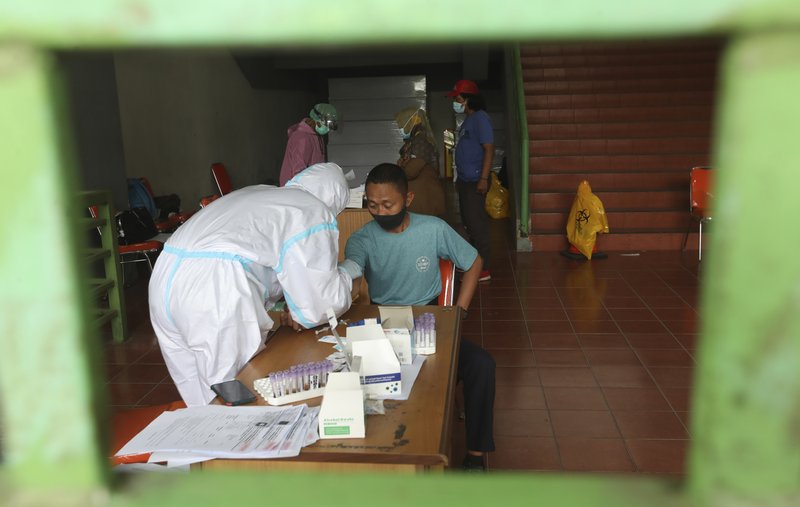

Australia’s medical regulator has approved use of its first coronavirus vaccine, paving the way for inoculations to begin next month.
The Therapeutic Goods Administration on Monday gave provisional approval for people aged 16 and over to use the vaccine developed by Pfizer and BioNTech. Residents and workers at aged-care facilities, frontline healthcare workers and quarantine workers are among the groups being prioritized for the first doses.
Australian Prime Minister Scott Morrison welcomed the development. He said Australia was among the first countries to complete a comprehensive process to formally approve a vaccine rather than just grant an emergency approval.
Australia has an agreement for 10 million doses of the two-dose Pfizer vaccine and an option to buy more if supplies allow.
Health Minister Greg Hunt said Monday the country overall had secured 140 million vaccines, one of the highest dosing rates per head of population in the world.
The biggest of the pre-orders, conditional on regulatory approval, is 53.8 million doses of the vaccine made by AstraZeneca and Oxford University, 50 million of which would be made in Australia in a partnership with Melbourne-based biopharmaceutical company CSL.
Australia is aiming to complete inoculations by October. The nation of 26 million people has reported fewer than 30,000 virus cases and a little over 900 deaths.
In other developments in the Asia-Pacific region:
— Australia has suspended its partial travel bubble with New Zealand after New Zealand reported its first coronavirus case outside of a quarantine facility in two months. Australian Health Minister Greg Hunt said Monday the suspension would last for three days and was being implemented out of an abundance of caution. Travelers affected need to cancel or face two weeks in quarantine upon arrival. New Zealand Prime Minister Jacinda Ardern said she’d told Morrison she had confidence in New Zealand’s systems and processes, but it was up to Australia to decide how they managed their borders. Health officials in New Zealand say genome tests indicate the woman contracted the virus from another returning traveler just before leaving quarantine. However, there was no evidence the virus has spread further. Director-General of Health Ashley Bloomfield said the 56-year-old woman had recently returned from Europe. During her mandatory two weeks in quarantine, she tested negative twice. She developed symptoms at home later and tested positive. Officials say the woman appears to have caught the more infectious South African variant of the virus from another traveler on her second-to-last day in quarantine, and they’re investigating how the health breach happened.